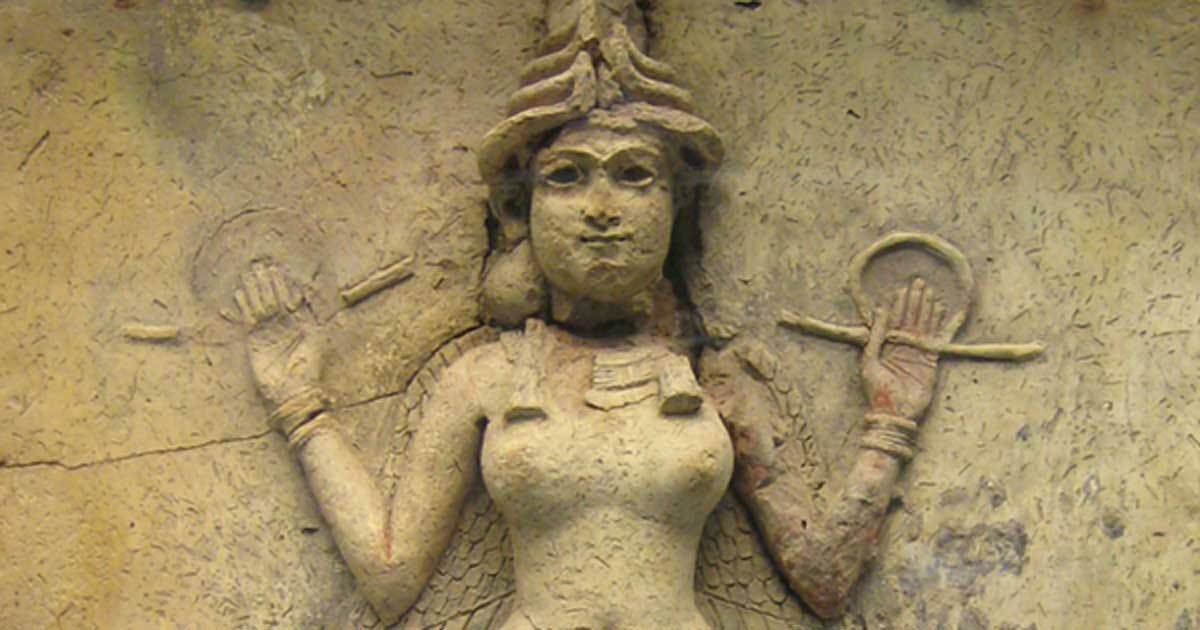Notes on Sex and Gender in Religion From Antiquity to the Present
How close is the modern narrative to the reality of the past?
We are pleased to present this new scholar to our subscribers. This post will be locked for one week.
This article covers the evolution of religious groups from small, polytheistic tribes into larger syncretic faiths that span nations. Religious frameworks throughout history have mediated, and sometimes constrained, how groups of people think and behave. Religion, in its healthier iterations, can be a source of team-building and reflection. But in its more troublesome moments, religion becomes a vehicle for dogmatic certitude and an excessive thirst to expand. By studying the evolution of faith over time, I hope to show how the trials of religion throughout history leave their imprint on the present. This should draw us a roadmap of modern cultural battles in context, in the hopes that we can understand the choices in front of us and pick a path that is wise.
***
Religion
Definitions of religion vary, but they tend to have most of the following five elements.
Deity: Just the One, a pantheon, or central figures
Idols: Holy books, documents, stories, temples, statues, and figures
Creed: A set of sacred beliefs or rules
Ritual: Ceremonies with a traditional set of actions
Community: A web of morality, with transactional or dutiful relationships and enforcement mechanisms, that aspires to protect common interests and a sense of fellowship
Some modern scholars, including Tom Harpur and Joseph Campbell, have argued that the word religion hails from the word ‘religare’, which means to bind once more. Anthropologists theorize that religion explains the unknowable, provides psychosocial structure, and binds communities. Also, because of the importance of child-rearing and surviving across generations, many religions pay special attention to the topics of procreative sex (baby-making, including dimorphous bodies that produce the two different gametes) and gender (roles, inscribed by society and what some might call spiritualism). Furthermore, religion often encourages individuals to contribute to a family unit. A family can be metaphorically expanded into a group of people that share a belief. This device is largely the foundation of the tribe.




